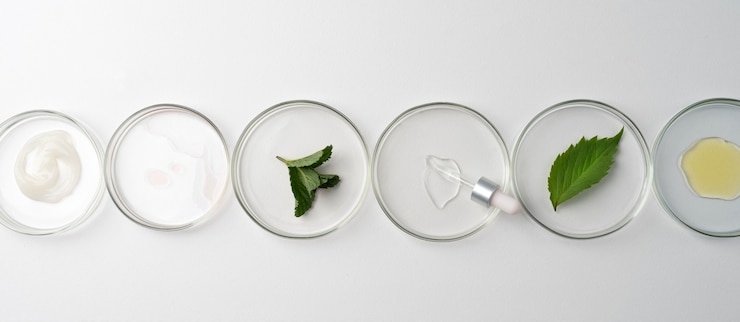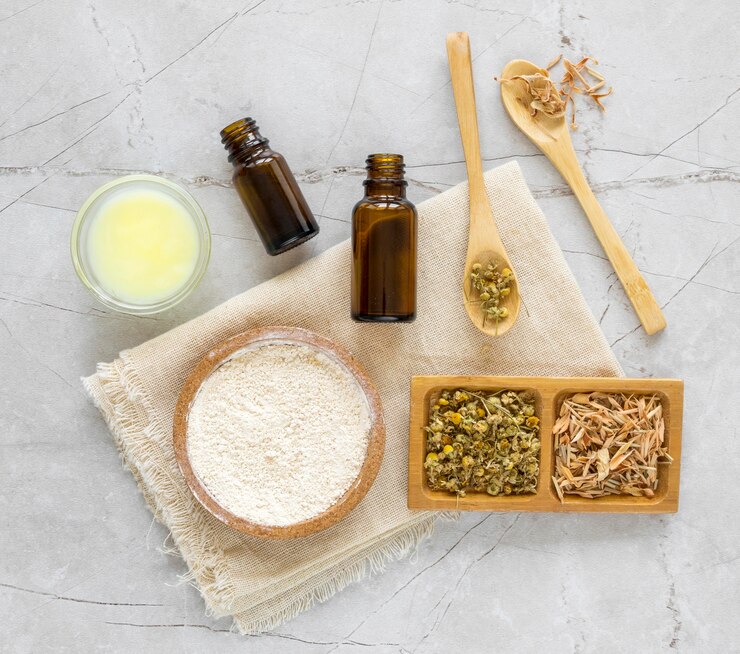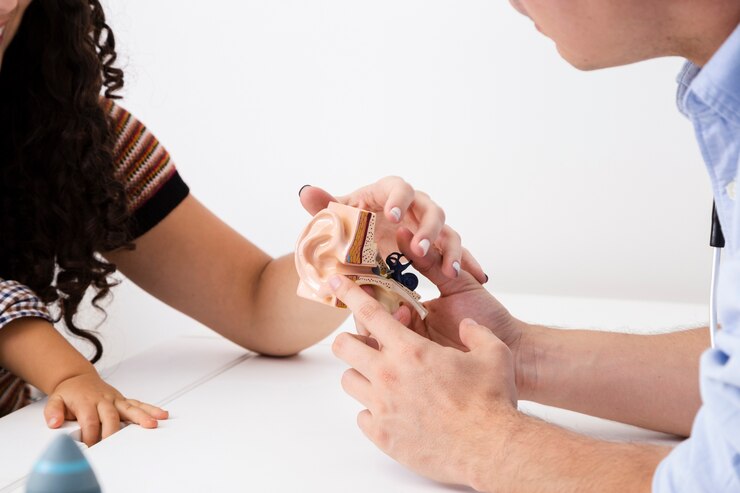
Last week, I delved into the use of synthetic fragrances in beauty products and why steering clear of them is crucial for maintaining vibrant health. Now, I’m continuing this series with a focus on petroleum-based ingredients in beauty products, helping you make informed choices for your health from head to toe.
Petroleum-based ingredients are prevalent in many beauty and personal care items, from shampoos to moisturizers. However, their widespread use doesn’t necessarily mean they’re the best option for skin health. As I mentioned last week, the American Journal of Public Health reports that skin can absorb between 64% and 100% of the chemicals in skincare products. Factors such as molecule size, condition of the skin, and compromised skin barriers due to acne, eczema, or rosacea, influence absorption rates.
Similar to synthetic fragrances, petroleum-based ingredients can have health impacts that are often not widely known or disclosed by manufacturers. Additionally, they are poorly studied, mirroring the thousands of other chemicals found in personal care products. A lack of extensive testing means these chemicals may not be proven safe, and due to the unregulated nature of the cosmetics industry, companies can use ingredients based on cost rather than safety. That’s why we’re taking a closer look at these ingredients to ensure you’re informed about products that support both your skin and the planet.
In this post, I’ll cover everything you need to know about petroleum-based ingredients—their definition, usage in beauty products, potential health risks, and eco-friendly alternatives.
### What Are Petroleum-Based Ingredients?
Since the late 1800s, petroleum-based ingredients like petroleum jelly (commonly known as Vaseline) have been recommended as moisturizers and skin protectors. In the 1870s, oil workers discovered that an unrefined petroleum product, known as “rod wax,” helped heal burns and wounds. This discovery led chemist Robert Chesebrough to refine the gel found in oil wells, creating petrolatum.
These ingredients are derived from crude oil, which is non-renewable and not ideal for skin application. Beauty products often contain petroleum-based ingredients due to their low cost and ease of sourcing, but they aren’t the most beneficial for achieving radiant skin. Fortunately, there are many healthier and more sustainable alternatives.
### How Are They Used in Beauty Products?
Due to their availability and affordability, petroleum-based ingredients are often incorporated into beauty products, from anti-aging creams to moisturizers, shampoos, conditioners, lip balms, and makeup—even in high-end brands. Manufacturers favor them as a cost-effective way to hydrate skin, but they don’t enhance moisture levels.
Instead, these ingredients create a waterproof barrier on the skin, preventing it from breathing and potentially trapping impurities. Some individuals experience breakouts, especially those prone to acne, because this barrier can suffocate the skin and clog pores while impacting its microbiome. Although petrolatum locks in moisture, it does not allow the skin to absorb moisture from the environment, making it less effective than emollients like cocoa and shea butter.
Using Vaseline on delicate infant skin, particularly for babies with eczema, has long puzzled me. Products containing petroleum-based ingredients can irritate, clog pores, and suffocate the skin. A study published in Pediatrics found that using topical petrolatum on low birth weight infants increased their risk of developing systemic candidiasis, likely due to a warm, damp environment conducive to yeast growth. Switching to natural options, like sunflower oil or our gentle Body Butter, seems unnecessary and potentially harmful.
It’s essential to remember that even brands that claim to be natural can still include petroleum-based ingredients due to cost considerations. Carefully reviewing product labels is crucial, especially if you have sensitive or acne-prone skin. Below, I’ll list some common names for these ingredients to help you shop wisely.
### Why Are They Harmful?
Despite being commonplace, petroleum-based ingredients can negatively affect skin and overall health. The David Suzuki Foundation lists petrolatum among the Dirty Dozen Cosmetic Chemicals to Avoid, due to the contamination risk with polycyclic aromatic hydrocarbons (PAHs), linked to different cancer types, including lung, skin, and bladder. The European Union classifies petrolatum as a carcinogen and restricts its use in cosmetics.
Beyond PAHs, petroleum-based ingredients have various harmful skin effects. Additionally, phthalates, derived from petroleum-based ingredients, can disrupt hormones and trigger early puberty in girls and lower sperm counts in men.
There’s no need to rely on beauty products filled with petroleum-based ingredients when nourishing, natural alternatives are available. Your skin deserves better!
### What to Look for on Labels
Being educated on how petroleum-based ingredients are labeled helps ensure you’re picking products beneficial for both your body and the environment. Look out for common names listed on the products.
Taking a moment to review product labels will reveal whether your preferred beauty brands are clean and safe or packed with petrochemicals for a not-so-happy beauty routine. Fortunately, as consumers become more aware of the health impacts of these ingredients, companies are increasingly offering pure and natural products.
### Non-Toxic Skin-Nourishing Alternatives
Choosing natural products is the best approach to nourish your skin, support its barrier function, balance its pH, and keep it hydrated. Below are some of my favorite natural options that soothe and protect sensitive skin.
I hope this post has highlighted the widespread presence of petroleum-based ingredients in beauty products and why it’s best to avoid them. Fortunately, there’s a plethora of plant-powered ingredients that can naturally nourish and protect your skin. Explore Shop Joyous Health for all-natural skincare, hair care, and body care products!
Thank you, Joy! We all need more awareness to prioritize our health.
Thanks for the comment, Irene!


